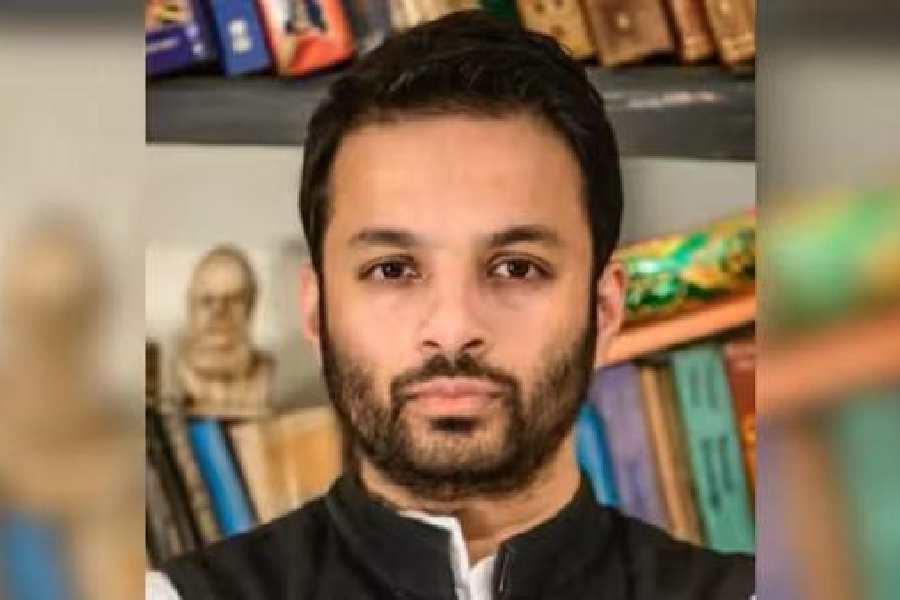The arrest of Ashoka University professor M.A.A. Khan for a Facebook post represents an attempt to criminalise dissent and stifle academic freedom, teachers’ organisations said on Sunday.
The Jawaharlal Nehru University Teachers Association (JNUTA), Democratic Teachers’ Front (DTF) and the Democratic Teachers’ Initiative (DTI) issued statements demanding the withdrawal of the cases against Khan, associate professor and head of the department of political science at Ashoka University.
Khan’s May 8 post had said: “Lastly, I am very happy to see so many right wing commentators applauding Colonel Sofiya Qureshi but perhaps they could also equally loudly demand that the victims of mob lynchings, arbitrary bulldozing and others who are victims of the BJP’s hate mongering be protected as Indian citizens.
“The optics of two women soldiers presenting their findings is important but optics must translate to reality on the ground otherwise it’s just hypocrisy.”
Khan has been arrested on the charges of endangering India’s sovereignty and integrity, and promoting enmity between different groups, based on a complaint from a BJP youth leader.
The Haryana women’s commission too has issued a notice to the professor accusing him of “disparaging women in the armed forces and promoting communal disharmony”.
The JNUTA statement said: “While his presumed religious background clearly is an important dimension in the targeting of Dr Khan, it also reflects a larger assault on academic freedom, and the constitutionally guaranteed freedom of expression in which it is rooted.”
It said the women’s commission had acted “on some absurd interpretation deemed to be injurious to the ‘safety, security and dignity of women’”.
It argued that Khan had committed no crime by expressing his opinion on the matter, as had many others.
“As an academic, it was
indeed part of his responsibility to enrich that debate. Even the UGC Regulations on norms of conduct of University teachers places such responsibility on them,” the statement said.
“Any reasonable reading of the statements made by Dr Khan in the process, which are available publicly, would make it crystal clear that there is absolutely nothing in them to substantiate any allegation that he undermined the dignity of women or was promoting communal disharmony; or that he said anything that was unconstitutional and endangered the country’s sovereignty and integrity; or that he was in any way disrespectful of those who lost their lives, the armed forces or their actions. Indeed, what he said was precisely the opposite.”
The statement expressed dismay that the authorities had not acted against a Madhya Pradesh minister for his remarks on Colonel Qureshi that have been castigated by both the Supreme Court and the high court.
The DTF, an organisation of Delhi University teachers, said the allegation of “acts endangering India’s sovereignty, unity, and integrity” against Khan amounted to criminalising dissent.
“His remarks, including concerns about communal polarisation and the imperative to safeguard marginalised communities, reflect a commitment to constitutional values,” its statement said.
“To conflate such critiques with ‘sedition’ or threats to sovereignty is not only legally untenable but also undermines the very foundations of constitutional democracy.”
The DTI, another teachers’ body, said the attack on Khan was an assault on academic freedom.










